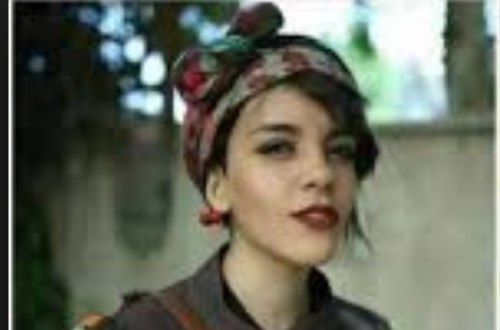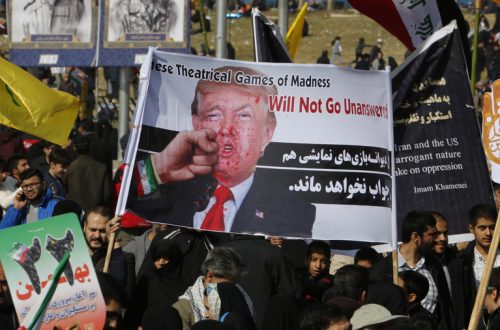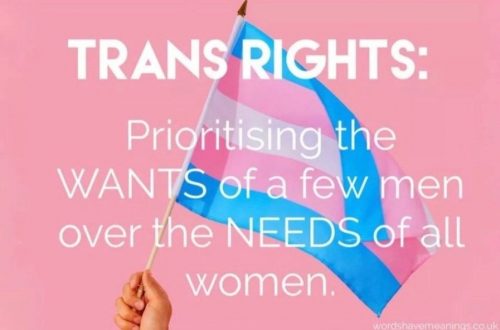This is a cross post from the ahwazi arab solidarity network
Ahwazis are today planning a “Day of Rage” to mark the anniversary of the 15 April 2005 intifada against the Iranian regime, in which over 150 were killed and thousands arrested.
In the run-up to today’s planned protests, the Iranian regime has arrested at least 97 people, including 30 women five of whom are pregnant. There have also been four deaths of Ahwazis, tear gas attacks on Arab neighbourhoods, cuts in electricity and water to some Arab areas and termination of internet and mobile phone networks in order to suppress information and terrorise civilians. The regime’s actions are typical of their treatment of Ahwazi Arabs, who have long-standing economic and political grievances that pre-date the 1979 revolution.
The Ahwazi Arab Solidarity Network has prepared a briefing based on common questions regarding the Ahwazi issue.
Who are the Ahwazi Arabs?
Ahwazi Arabs number at least five million and live mostly in an area that is contiguous with Khuzestan province, a region once known by Persians as “Arabistan” due to its Arab character, although other groups such as Bakhtiaris and Mandeans also live there. Most Ahwazi Arabs are Shia, but are largely disinterested in the schisms in Islam. Ahwazi culture is traditionally tribal and conservative rather than ideological or political.
What are their grievances?
The grievances of Ahwazi Arabs are historical and are rooted in the dysfunctional way in which Iran became a modern state and how it attempted to create a national identity based on pre-Islamic, cultural and genetic myths of the Aryan people and, following the 1979 revolution, an identity based on adherence to radical Shia doctrines set down by the Khomeinists who negated any identity that was not based on what they understood as Shi’ism. Arabistan enjoyed considerable autonomy for hundreds of years until 1925 when Reza Shah Pahlavi deposed the local ruler, Khazaal al-Kaabi, the Sheikh of Mohammareh, and set about eradicating the region’s ethnic Arab character.
Ahwazi Arabs are a Semitic people, not Aryan, and put their traditions and culture ahead of any sectarian religious doctrine, as is the case with the Bedouin. When Arabistan became officially known as Khuzestan and place names of Arab towns and cities were Persianised, for instance Mohammareh was renamed Khorramshahr, Ahwazi Arabs became aliens in their own land. Their plight failed to attract interest from the rest of the Arab world for a variety of reasons partly related to the perceived Shi’a beliefs of the Ahwazi Arabs that make them outcasts in a predominantly Sunni Arab world and partly because of fear of retaliation from Iran.
The policy of ethnic cleansing started by the Pahlavi dynasty continues to this day in an effort to secure the regime’s access to the region’s considerable oil supplies, which are larger than any Gulf country with the exception of Saudi Arabia. However, Ahwazi Arabs have little share in the oil wealth, which is siphoned off by the ruling mullahs. Some Ahwazis are relocated to other parts of Iran, while many are forced from their farms into city slums. However, slums have also been the target of land confiscation, with the regime attacking and destroying Ahwazi homes. Slums are also being turned into ghettoes, with separation walls to segregate indigenous Arabs from non-indigenous and privileged migrants.
After visiting the region, UN Special Rapporteur on Adequate Housing Miloon Khotari noted that thousands had been displaced from their land with little or no compensation and jobs available in the oil, gas and petrochemicals industries that utilised the oil wealth were going to non-Arabs moved into the area. As a direct result of ethnic discrimination, Ahwazis endure levels of poverty more typical of Africa. Over half of able-bodied men of working age are unemployed, well above the national average and the highest in Iran. In urban areas, Ahwazi Arabs live in shanty towns which resemble the townships of apartheid South Africa. Despite the province’s fertility and potential in agriculture, family farms are suffering from a lack of investment and are underperforming, leading to rural poverty. In most Arab villages there are no schools. While the illiteracy rate in Iran is about 10%-18%, it is over 50% among Arab men in Khuzestan and even higher for Ahwazi women. Ahwazi students drop out of schools at a rate of 30% at elementary level, 50% at secondary and 70% at high school because they are forced to study the “official language”, Farsi, a language which is not theirs. The learning of Arabic is confined to religion and is commonly classical Arabic rather than the local dialect. Consequently, Ahwazi Arabs are often semi-literate in their native language, but struggle with learning in a language – Persian – that is foreign to them.
Although all Iranian citizens suffer political repression and serious restrictions on freedom of expression and assembly, state violence against Ahwazi Arabs is more extreme than against residents in the capital Any form of Arab political mobilization – even the wearing of the traditional Arabic keffiyeh (scarf) in displays of Arabic culture – has been crushed, with the government executing anyone suspected of engaging in minority rights activism. Ahwazi Arab minority rights activists are portrayed by the Iranian government as representing all that it regards as “evil”.
What are Ahwazis demanding?
There are a number of Ahwazi groups with disparate demands. Some are attempting to assert their rights under the present constitution, which is supposed to guarantee linguistic and ethnic rights of Iran’s diverse multi-ethnic population. However, the regime prevents the emergence of any Ahwazi NGO or political party, making it impossible to organise legally. As such, many are pressing for a political resolution, at the very least free and fair elections, the end of the theocratic regime and the creation of a federal system of government. Given the experience of Arabs living under the Pahlavi regime and the failure of the Iranian opposition to take their grievances seriously, some believe that freedom for Ahwazi Arabs cannot be achieved while their land remains part of Iran. Instead, they advocate independence, an objective that Arab governments have occasionally and half-heartedly supported in order to secure leverage over Iran. Some small groups of Ahwazis supporting independence have carried out bomb attacks on government targets and oil installations and assassinations of low-level clerics associated with the security forces, but these have been few and far between. Ahwazi Arabs are a peace-loving people who desire freedom without bloodshed.
Is the Ahwazi Arab issue simply a CIA/MI5/Mossad conspiracy to split up Iran?
No. The Ahwazis have legitimate and undressed grievances. Conspiracy theorists’ claims of foreign involvement are spurious and have never been supported by any evidence. Even the US diplomatic cables revealed by Wikileaks have not shown any evidence of either Western interest in the Ahwazi issue or any approach by Ahwazi movements to secure arms. The allegations of outside involvement are used by the regime and even some of its opponents who advocate an ethnic chauvinist approach to Iranian national identity. The government and its supporters routinely denounce Ahwazi rights activists as Satanic, Wahhabi, Ba’athist or foreign agents. Although Ahwazi activists campaign against social, cultural, economic and political exclusion, the government insists they have a religious agenda that is antithetical to the theocratic establishment, the “source of truth.” Consequently, peaceful Ahwazi dissidents are often put on trial for “enmity with God”, which is punishable by death.
What can I do?
The Ahwazi Arab Solidarity Network urges people throughout the world to speak up about the Ahwazi Arab issue at every opportunity and in every forum. There is no reason why the plight of the Ahwazi Arabs should be treated any differently from the plight of the Palestinian Arabs. In many ways, Ahwazis suffer more than the Palestinians, having no political parties or authorities to represent them and not even a place for study in their native tongue. As such, they require international solidarity. We call on global civil society to support the Ahwazi Arab Declaration and use it as the basis for awareness-raising with a view to passing resolutions in parliaments and multi-national bodies the world over. Even better, if you agree with the Declaration then join the Ahwazi Arab Solidarity Network, then join us and become part of the peaceful solidarity struggle.
For more information on this issue, download the Ahwazi Arab Human Rights Dossier.


